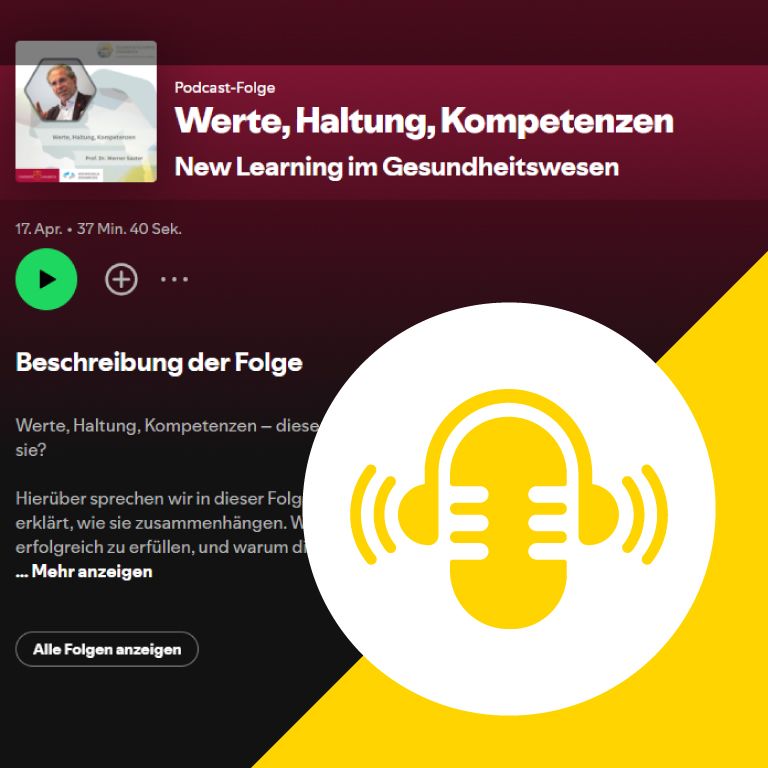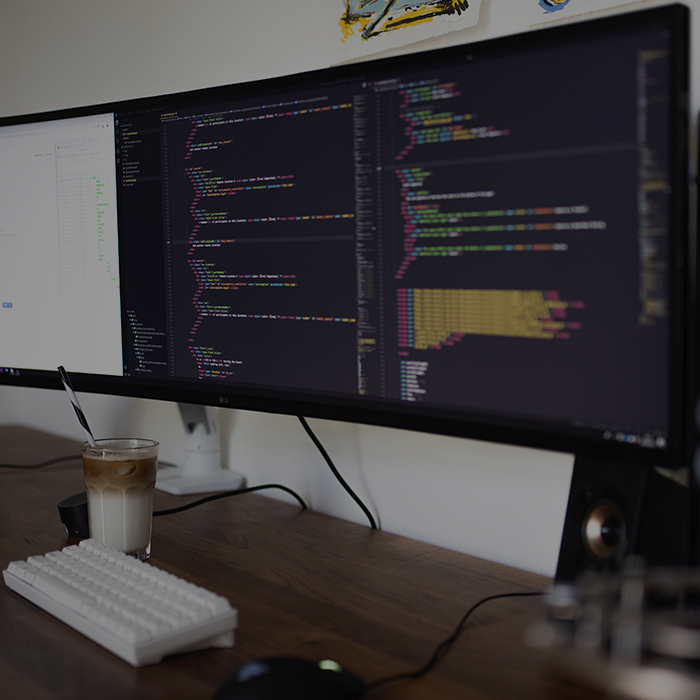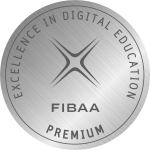In the ever-evolving educational landscape, the capacity to adapt to emerging needs and enhance the learning experience is vital. At Swiss Connect Academy, we understand the direct impact these factors have on our work processes. In this article we talk about distinctive methods we employ to support collaboration and improve our learning content as we prepare to welcome each new cohort of students (currently, we have more than 1000 participants taking our Leadership and Management courses.) Additionally, we will highlight the significance of iteration in continuously refining the learning experience.
Across SCA teams, we prefer having visual representations of project tasks, phases, dependencies, and identification of responsible team members completing them over time. For this reason, our main collaborative tool is Instagantt. Instagantt is to provides us with the ability to create and manage project schedules using Gantt charts.
In addition to utilizing Instagantt for its original purpose, we are re-purposing some of its functionalities to fosters continuous improvement, where each cohort benefits from the insights made by the previous one. As the e-learning content administrator I am actively applying and actualizing this approach and I am delighted to share four examples of the possibilities I can facilitate in this way:
- Amplifying Participants’Feedback:
We document participants’ feedback directly in the project management tool, in a dedicated section for each course. The feedback serves as an important resource to identify areas of improvement when planning for the next cohort. We utilize key input from learners to make the necessary corrections and updates to our content, in this way we are ensuring the following:
– SCA content is tailored to meet the needs and expectations of our learners.
– Participants’ feedback becomes an integral part of our content development process.
- Leveraging Testing and Review Results:
At SCA, a content review process and final testing on the learners’ interface are conducted for each cohort. The content review involves examining the educational material to ensure accuracy and alignment with the intended learning goals. Furthermore, the front-end testing is conducted to assess the functionality and usability of the content on the LXP with AI feedback capabilities, this testing phase helps identify any technical issues.
Testing and review are conducted by separate teams which are capturing the results in the project management tool. In this way effective communication and knowledge sharing among team members is being facilitated, enabling us to address any issues promptly and prioritize fixes and improvements.
Recording the testing and review results not only serves as a reference for the teams but also helps track the evolution of SCA’s courses over time and identify recurring issues. The documented results act as a valuable resource for future iterations. Lessons learned from previous testing and review cycles can be applied to new projects, accelerating the development process.
- Ensuring Consistency Across Languages:
At SCA, every course is available in three languages: German, French, and Italian. This means that for each cohort, we publish 3 separate courses, one in each language. One of our main objectives is ensuring excellent consistency in the learning journey for all our students regardless in which language they take our courses.
To avoid discrepancies between the different language versions of the courses, we document and track content updates across languages using the project management tool. This approach ensures that any modification made in one language can be applied in the exact way to the other languages as well, resulting in a coherent learning experience.
Overall, this method ensures that SCA courses maintain a high level of consistency across the different languages offered. It guarantees that learners, regardless of the language they choose, receive the same high quality content and learning experience.
- Building Upon Prior Work
By maintaining a documentation system using Instagantt, we can effectively track and manage updates made throughout the iterative process. When teams have access to information about what has been updated, modified, or enhanced in previous iterations, they can avoid repeating the same tasks or making the same mistakes. This saves time and resources, as they can focus on new areas or improvements. This approach not only facilitates efficient content development but also promotes agile practices within SCA. By capturing user feedback, testing results, and improvement requirements in real-time, SCA gains the ability to swiftly prioritize and iterate the content according to the needs.
Based on the facts presented above, we highlight the value of integrating new aspects and information into the classic structure of a project management tool. This integration plays a crucial role in facilitating iterative processes and enhancing team communication. By adopting such an approach, we enable the distinct advantage of consolidating crucial project information in a single, asynchronous location for team members across various teams. Acting as a central hub, the project management tool provides team members with a much more comprehensive view.
By documenting user feedback, supporting testing and review, ensuring consistency across languages, and ultimately enabling iterative changes, collaborative tools empower SCA to continuously optimize the learning experience. Not only do we improve the quality of the educational experience, but we also foster a collaborative and cohesive environment across teams.









